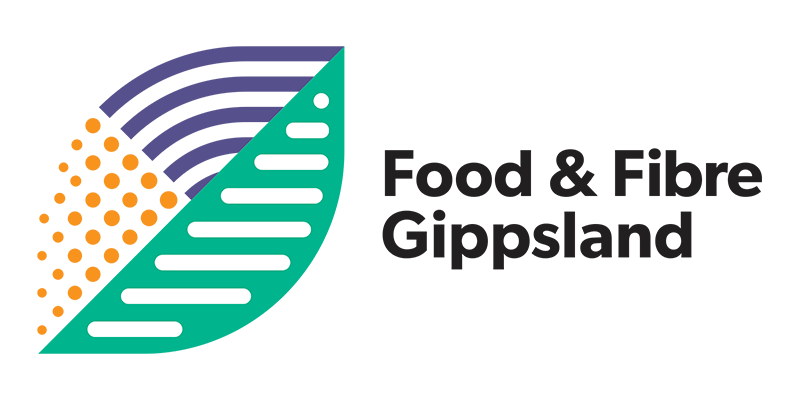Industrial hemp and vertical farming offer innovative possibilities
Multiple innovation opportunities to drive regional competitive advantage are currently being explored through a partnership between Food & Fibre Gippsland and the Latrobe Valley Authority. Projects that foster long-term and sustainable outcomes are being achieved through the food and fibre stream of the Smart Specialisation Strategy (GS3).
The GS3 investigation into industrial hemp and vertical farming has begun, with both areas identified as exciting new streams of agriculture, rapidly growing, with potential to be realised in Gippsland. Supporting this project as part of Federation University’s Industry Placement Program (IPP), in partnership with Food & Fibre Gippsland, is Luke Townsend, a third-year undergraduate student studying Environmental and Conservation Science at the university’s Churchill campus.
Vertical farming, also known as controlled environment agriculture, most often involves vertically stacked beds of leafy greens, grown hydroponically under LED lights, with artificial intelligence (AI) software controlling temperature, humidity, CO2 saturation and nutrient levels. Vertical farming produces more kg/m2 than traditional methods, in less growing days, without the need for pesticides. It also provides an environment free from floods and droughts.
Industrial hemp, a low THC* variety of the Cannabis sativa plant, is grown sporadically in Victoria; a lack of harvesting and processing capabilities, insufficiency of growing data, and community apprehension have also presented as impediments to production previously. However, this is all changing rapidly; as misconceptions surrounding hemp are reduced, the virtually unlimited flexibility of this plant becomes apparent. Applications include food, cosmetics, health care, animal bedding, hempcrete, insulation, bioplastic, biofuels, biochar, composite mouldings, and soil restoration. A considerable list!
Food & Fibre Gippsland, in partnership with the Latrobe Valley Authority (LVA), are in the process of completing a context analysis** investigating the potential opportunities for hemp and vertical farming in the Gippsland region. The first workshops discussing some of these areas for possible investigation will be scheduled in the next few weeks; further exciting updates will follow. To connect with these projects or for more information, please make contact with Elena Nauta, Senior Program Officer - Smart Specialisation & Food and Fibre: elena.nauta@lva.vic.gov.au or read about our Smart Specialisation projects here.
*Tetrahydrocannabinol (THC) is the major psychoactive component and one of the 113 cannabinoids recognised within cannabis.
**Context analysis is a method to analyse the environment within an industry, including economic, political, technological or social trends; in this case, establishing a solid contextual basis for localised production.

